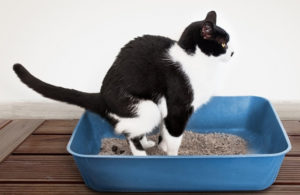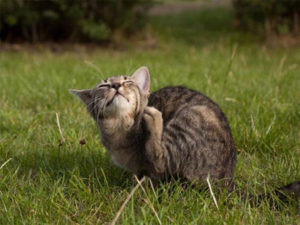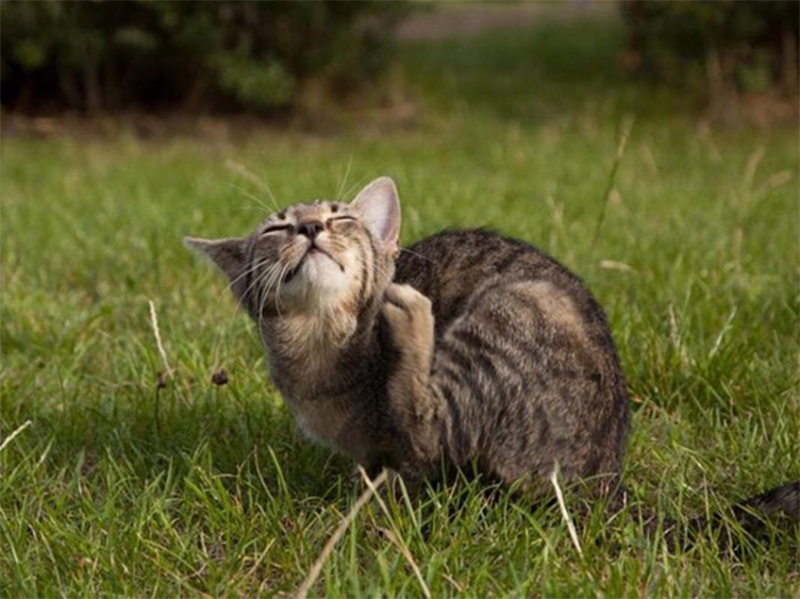Cats are known for their cleanliness and grooming habits, but one behavior that often puzzles cat owners is why they feel the need to hide their feces after using the litter box. This behavior may seem strange to us humans, but it is actually a natural instinct for cats. In this article, we will explore the reasons behind this behavior and provide tips on how to manage it.
The Instinctual Reasons Behind Hiding Feces

Evolutionary Behavior
In the wild, cats are both predators and prey. As predators, they need to be able to hunt without giving away their location to potential prey. As prey, they need to avoid attracting the attention of larger predators. This is where the instinct to hide their feces comes in. By burying their waste, cats are able to mask their scent and avoid being detected by other animals.
Marking Territory
Cats are territorial creatures and use urine and feces to mark their territory. By covering their feces, they are essentially claiming that spot as their own. This behavior is more commonly seen in outdoor cats, but even indoor cats have a strong instinct to mark their territory.
How to Manage the Behavior

Provide Multiple Litter Boxes
One way to manage this behavior is to provide multiple litter boxes for your cat. Cats are very particular about their bathroom habits and may prefer to have separate boxes for urinating and defecating. Having multiple options can also help reduce any competition or stress between cats in multi-cat households.
Keep the Litter Box Clean
Cats are clean animals and prefer to use a clean litter box. If the litter box is dirty or has a strong odor, your cat may choose to find another spot to do their business. It is important to scoop the litter box at least once a day and completely change the litter every week.
Try Different Types of Litter
Some cats may have a preference for certain types of litter. If your cat is consistently avoiding the litter box, try switching to a different type of litter to see if that makes a difference. Some cats may prefer a finer or coarser texture, while others may prefer unscented litter over scented.
Comparing Cats Behavior to Other Animals
While cats are known for hiding their feces, they are not the only animals that exhibit this behavior. Many other animals, including dogs, rabbits, and even some birds, also have an instinct to cover their waste. This behavior serves the same purpose of masking their scent and marking territory.
However, there are also animals that do not hide their feces, such as horses and cows. These animals have a different social structure and do not need to worry about attracting predators or marking their territory in the same way that cats do.
Advice for Cats Owners

If your cat’s behavior of hiding their feces is causing issues in your household, here are some tips to help manage it:
- Be patient and understanding. This behavior is natural for cats and cannot be trained out of them.
- Keep the litter box clean and provide multiple options for your cat.
- If your cat has suddenly started hiding their feces, it could be a sign of a medical issue. Consult with your veterinarian to rule out any health problems.
- Avoid punishing your cat for this behavior. It will only cause stress and may lead to other behavioral issues.
Conclusion
In conclusion, cats hide their feces after going to the toilet due to their evolutionary instincts and territorial behavior. As cat owners, it is important to understand and respect this behavior. By providing a clean and comfortable environment for your cat, you can help manage this behavior and ensure a happy and healthy feline friend.
